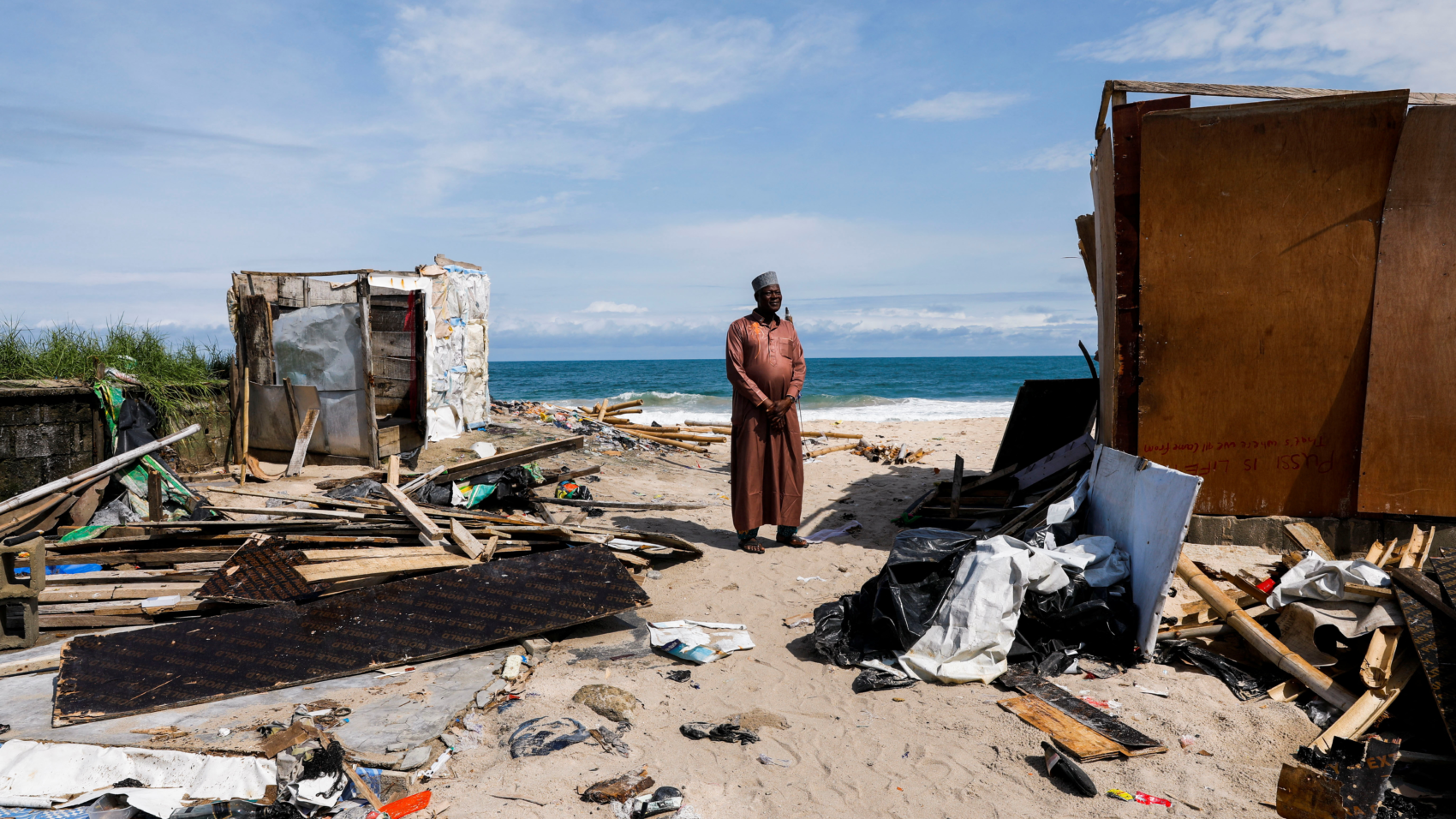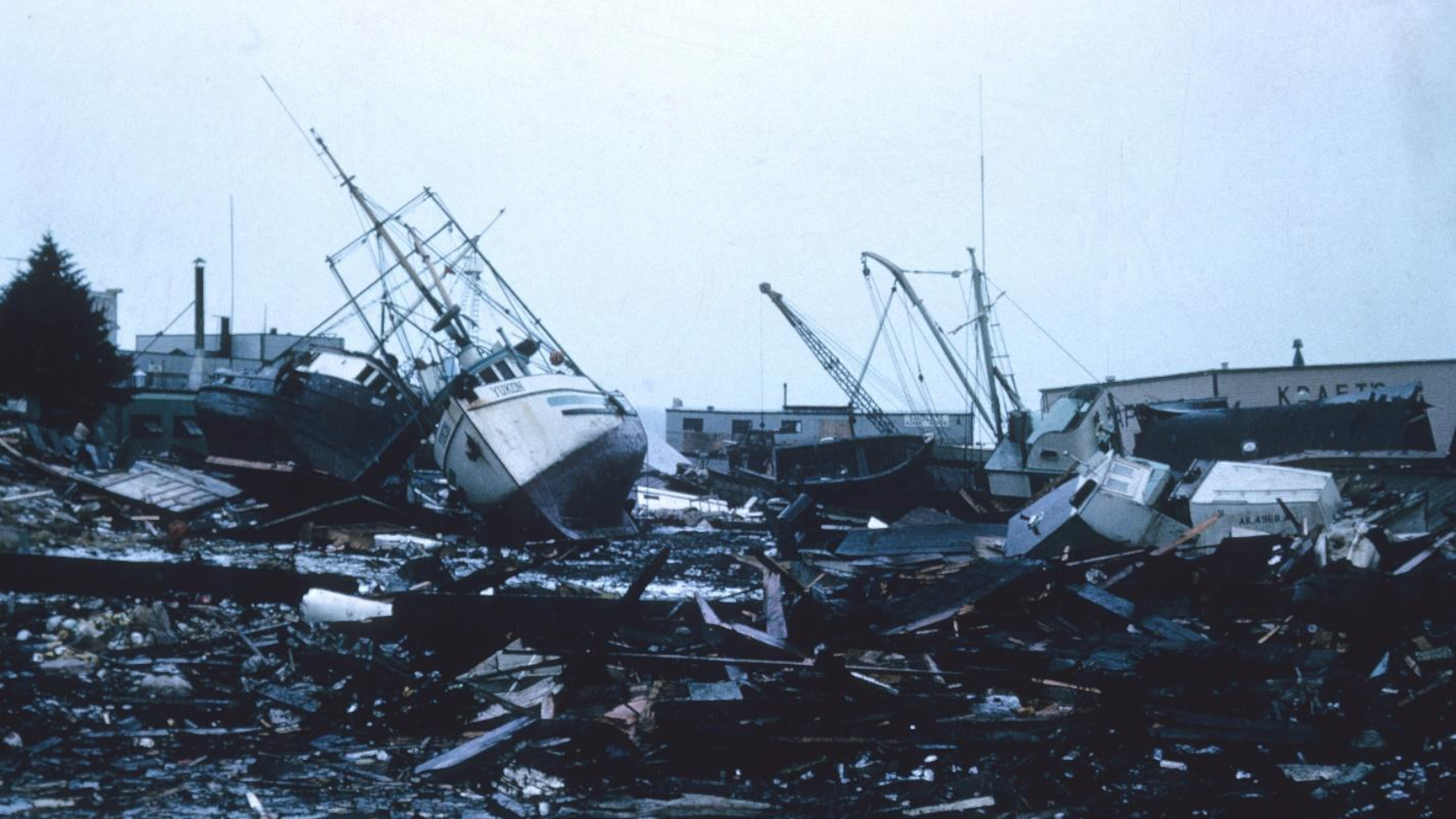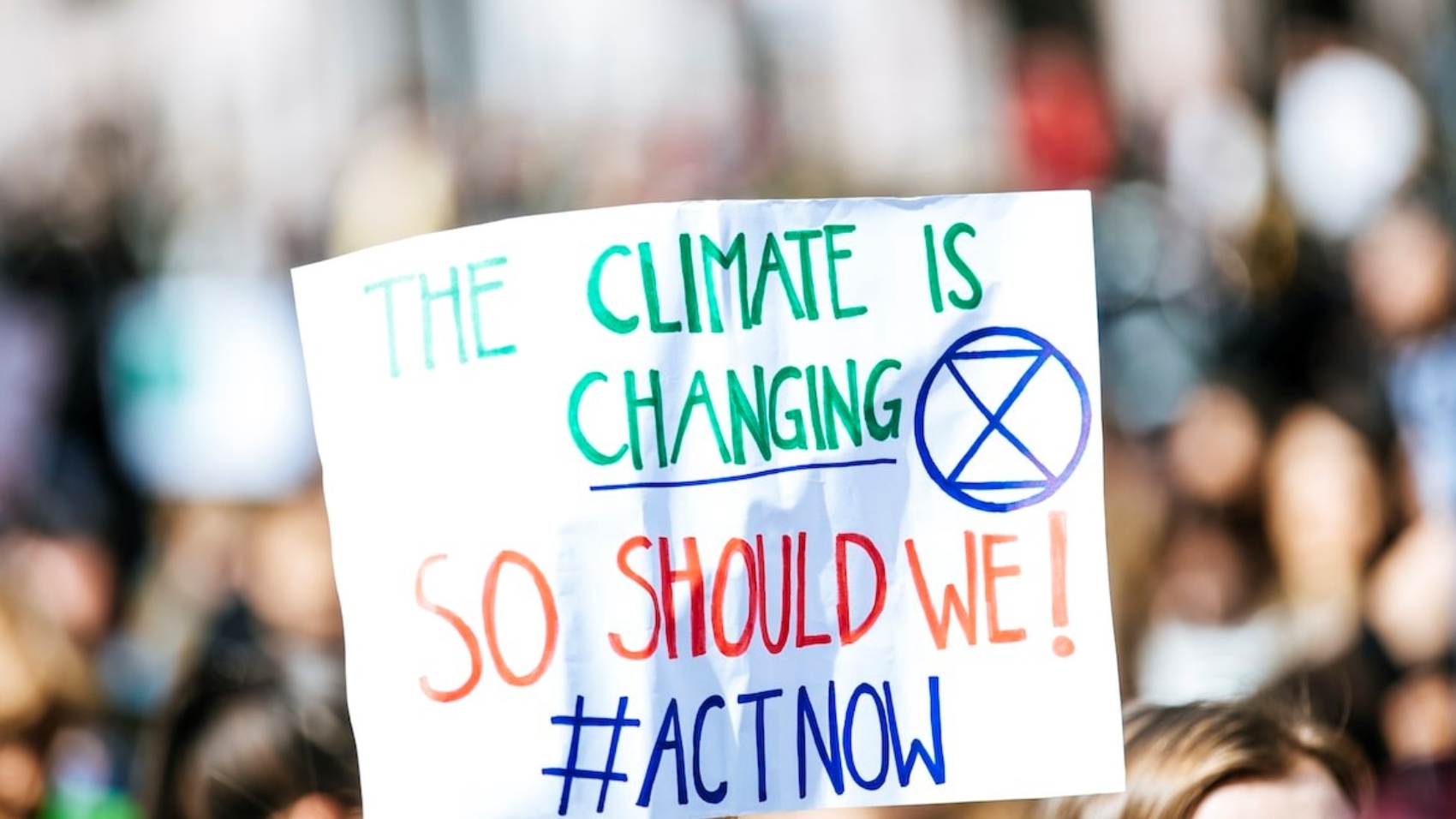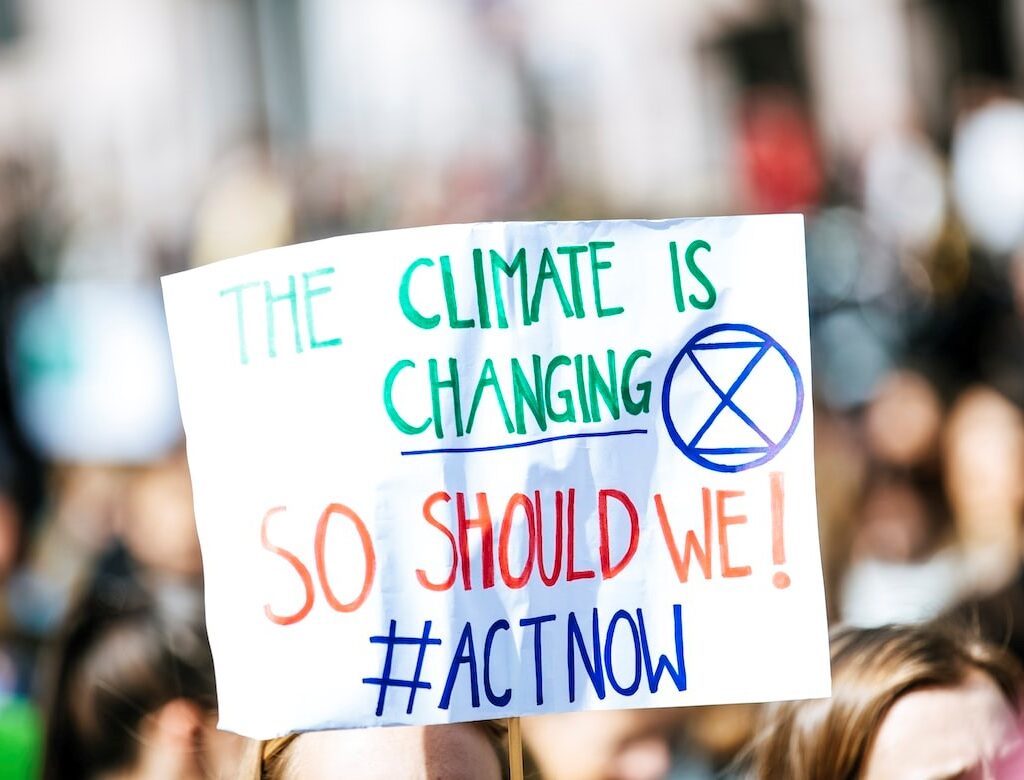
Nigeria’s climate and environmental conditions are worsening; Cases like the Ocean Surge calling for respective entities to act. With the focus shifting from politics after the election, it is critical to look into how the country can save its environment, and enhance a better climate for future generations.
One recent phenomenon of alarm is the ocean surge in Aiyetoro Community, Ondo state, and the community is calling for help. The wake of April 20th saw an additional 200 households submerged, displacing many and destroying property.
The damage is projected to continue, with half the area now submerged. As an annual repetitive occurrence, there’s a definite need to find long-term solutions.
Nigeria also needs to improve on waste management strategies, ranking 9th in plastic pollution globally. The country has an approximate plastic waste of 2.5 million tonnes, a feat most blame on the higher population in the cities, not forgetting Nigeria is the most populated in Africa.
The country, however, needs to set up better plastic solutions, including bans. A case study they can follow is as implemented in Kenya (August 17th, 2017) on restricting single-use plastic bags, a decision bearing fruits at the moment.
The government also needs to instill stricter regulations on polluters. Several, especially in Lagos, have been polluting the environment, actions which have been mostly ignored. It was, however, not a lucky day for Pure Biotech Company, a cassava processing factory around Benue State, whose activities were stopped. The plant operates without a Functional Effluent Treatment Plant (ETP), dumping untreated waste directly into River Benue.
Pollution in the Western-African country is worsening, adding to the already bad situation regarding deforestation rates. Continuation of such activities will lead to more adverse climatic tragedies like the ocean surge in Ondo. The reinstated government should prioritize climate and continue pushing for the African climate agenda, an avenue for all continent’s nations to go 100% green.






